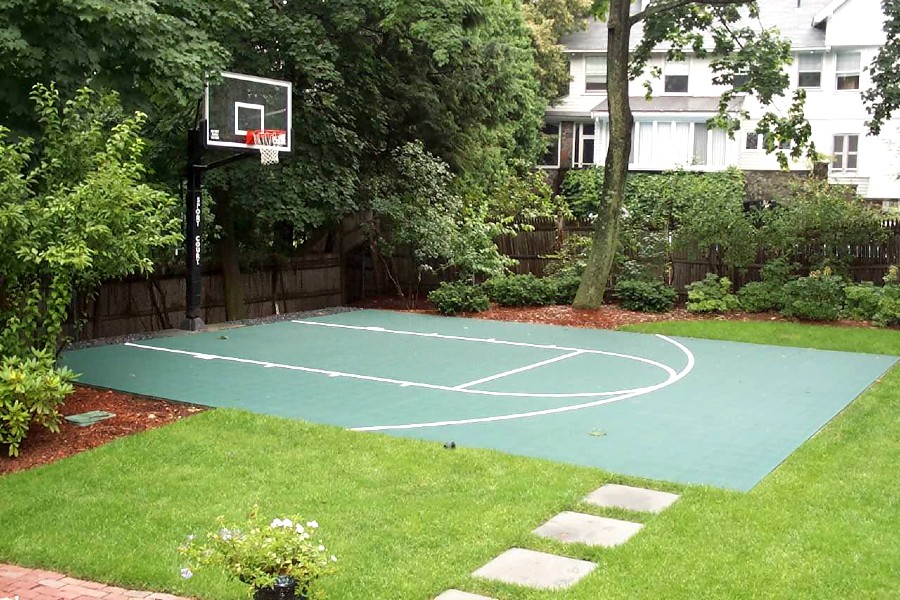
French Bulldogs are more than just charming, snub-nosed companions. They are a breed that has won hearts globally, yet myths and misunderstandings about them persist.
These myths often deter potential owners or lead to misconceptions that undermine the breed’s true nature. This article aims to bust those myths wide open, offering rich insights into why French Bulldogs are one of the most rewarding breeds to own.
These myths often deter potential owners or lead to misconceptions that undermine the breed’s true nature. This article aims to bust those myths wide open, offering rich insights into why French Bulldogs are one of the most rewarding breeds to own.
Myth 1: French Bulldogs Are Not Active Dogs
One of the most common misconceptions about French Bulldogs is their energy levels—or the supposed lack thereof. Many assume these adorable pups are couch potatoes, content with lying around all day. But this stereotype oversimplifies their personality.
The Truth About Their Activity Levels
French Bulldogs are moderate-energy dogs. While they won’t accompany you on long hikes or marathon runs, they have a playful and spirited side that thrives in the right environment. Their bursts of energy make them excellent companions for short play sessions and walks.
Their activity levels also depend on age and health. Frenchie Puppies and young adults are naturally more playful, while senior Frenchies tend to enjoy a relaxed pace. But even older dogs can surprise you with their enthusiasm for a good game of fetch.
How to Keep Your French Bulldog Engaged
- Tailored Exercise: Limit walks to 15–20 minutes, especially in hot weather, to avoid overheating. Early mornings or evenings are ideal times for walks.
- Interactive Toys: Invest in toys that challenge their intelligence, such as treat-dispensing puzzles or squeaky toys.
- Social Play: Arrange playdates with other dogs. Frenchies enjoy social interaction and often bond well with other small to medium-sized breeds.
Why This Myth Exists
The misconception likely arises from their brachycephalic (short-nosed) anatomy, which does require owners to monitor their activity. But a Frenchie’s joy during play or a brisk walk is evidence enough to debunk the notion that they’re inactive pets.
Myth 2: French Bulldogs Are High-Maintenance Pets
Another common myth is that French Bulldogs require excessive care. While it’s true they have some specific needs, labeling them as “high-maintenance” overlooks how manageable their care routines are with a little attention to detail.
Their Coat Is Surprisingly Low Maintenance
Frenchies have short, fine hair, making them one of the easiest breeds to groom. Weekly brushing helps remove loose fur and keeps their coat shiny. Bathing them every 4–6 weeks is sufficient unless they get particularly dirty.
Specialized Care for Their Unique Features
- Wrinkles: Those adorable face folds need regular cleaning to prevent bacteria buildup. A damp cloth followed by thorough drying works wonders.
- Nail Care: Monthly nail trims are essential to avoid discomfort or walking issues.
- Ears: Their bat-like ears are prone to wax buildup, so clean them gently with a vet-recommended solution.
Addressing Health Needs
While Frenchies are prone to specific health issues, proactive care can prevent most complications. For example, avoiding extreme weather conditions ensures they remain comfortable, while regular vet checkups catch potential problems early.
Myth 3: French Bulldogs Are Unhealthy and Have Short Lifespans
This myth unfairly paints French Bulldogs as a breed plagued with health problems, and it discourages people who are looking to adopt frenchies. While it’s true that they are predisposed to certain conditions, this doesn’t mean they can’t lead long, fulfilling lives with the right care.
Understanding Their Health Risks
Frenchies can face challenges like:
- Brachycephalic Airway Syndrome: Their flat faces can lead to breathing issues, but managing their weight and avoiding stressors like heat can mitigate this.
- Hip Dysplasia: Proper exercise and nutrition are vital for joint health.
- Skin Allergies: Regular grooming and a balanced diet often reduce allergic reactions.
The Role of Responsible Breeding
Reputable breeders focus on producing healthier Frenchies by avoiding overbreeding and conducting health screenings. Always research breeders thoroughly and request health certifications before making a purchase.
How Long Can a Healthy Frenchie Live?
With proper care, French Bulldogs can live 10–14 years. Ensuring a nutritious diet, consistent exercise, and regular vet visits contributes significantly to their longevity.
Myth 4: French Bulldogs Don’t Get Along with Other Pets or Kids
French Bulldogs are often misunderstood as being aloof or even aggressive in multi-pet households or around children. However, the truth couldn’t be more different.
The Sociable Nature of Frenchies
French Bulldogs thrive on companionship, whether it’s with humans, other dogs, or even cats. Their playful and patient demeanor makes them wonderful family pets.
What Makes Them Great with Kids
Their sturdy build and calm nature make them less fragile than other small breeds, which is ideal for families with young children. They’re also incredibly patient and form strong bonds with their human siblings.
Building Positive Relationships with Other Pets
Early socialization is key. Introducing a Frenchie to other pets gradually and under supervision ensures smooth integration into the household. Rewarding friendly interactions with treats or praise encourages positive behavior.
Myth 5: French Bulldogs Are Hard to Train
The idea that Frenchies are untrainable stems from their occasional stubbornness. But this trait doesn’t define them; rather, it highlights their intelligence and independent thinking.
The Art of Training French Bulldogs
Training a Frenchie requires patience and consistency. Positive reinforcement, such as treats and praise, works wonders in motivating them. Short sessions—no more than 10–15 minutes—keep them engaged without overwhelming them.
Areas to Focus On
- Housebreaking: Start early and establish a routine.
- Basic Commands: Teach “sit,” “stay,” and “come” with clear, consistent signals.
- Social Skills: Expose them to various environments and situations to reduce anxiety and build confidence.
The Payoff of Proper Training
Well-trained French Bulldogs are not only obedient but also happier and more secure in their environment.
Conclusion: Appreciating French Bulldogs for What They Truly Are
French Bulldogs are much more than their stereotypes. They are loyal, adaptable, and full of personality. By debunking these myths, we hope to offer clarity and encourage potential owners to see the breed’s many merits. Owning a French Bulldog is not just a responsibility—it’s a deeply rewarding experience that brings endless joy and companionship.
Latest Posts
- Sponsored Love: Deck The Halls With Savings, Instacart’s Holiday Cheer Is Here!
- Mayor Adams And Governor Hochul Remove 73,000 Ghost Cars From NYC
- Federal Trade Commission (FTC) Warns Companies Not To Misrepresent Health Plans
- Governor Hochul Enacts Law Mandating Insurance Coverage For Dyslexia Testing
- Sponsored Love: How To Keep Your Yard And Driveway Clear Of Clutter
- Preparing Your Home For Sale: Staging Tips For Success
- PAL Executive Director Carlos Velazquez Honored As 2024 City & State Responsible 100 Leader
- WE ACT And Elected Officials Hosts Energy Assistance Workshop During NY HEAT Days Of Action
- Taking Control Of Your Financial Future
Become a Harlem Insider!
By submitting this form, you are consenting to receive marketing emails from: . You can revoke your consent to receive emails at any time by using the SafeUnsubscribe® link, found at the bottom of every email. Emails are serviced by Constant Contact








